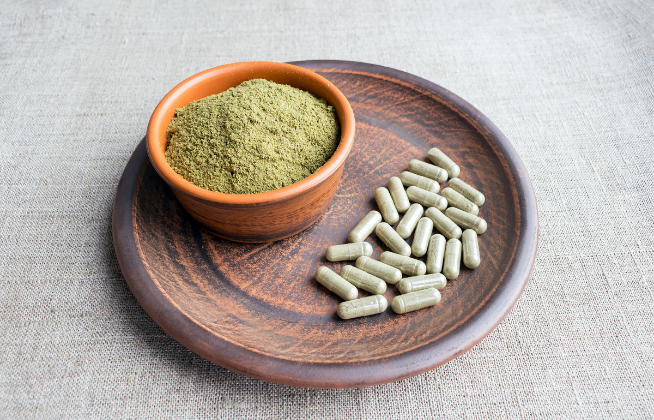Magnesium may seem like it’s the new ‘it’ mineral but that’s only because more and more research shows that most of us are either not getting enough of it or we’re not taking the type of magnesium that’s best for our individual needs.
Let’s start with some basics.
Magnesium is an essential nutrient that plays a huge role in over 300 functions in our body. But our bodies can’t make magnesium on its own which means we have to either – get it from the foods we eat (like almonds, spinach, avocado) or supplement it.
Everything from our bone health and energy levels is linked to magnesium and a deficiency means a higher risk of developing osteoporosis, heart disease and even type 2-diabetes.
The challenge? Magnesium is a mineral that our body can’t make on it’s own. So we have to get it from the food we eat or supplements.
FOR BETTER DIGESTION: MAGNESIUM CITRATE
This type of magnesium is bound to citric acid, which makes it easier for our body to absorb and has a gentle laxative effect.
FOR BETTER SLEEP: MAGNESIUM GLYCINATE
This type of magnesium is bound to the amino acid glycine. It’s known for having a calming effect that can improve sleep quality and relieve stress.
FOR HEARTBURN: MAGNESIUM OXIDE
This type of magnesium isn’t absorbed as well by our body and when bound with water it makes magnesium hydroxide – like milk of magnesia, which is generally used to treat heartburn and constipation.
FOR SKIN ISSUES: MAGNESIUM CHLORIDE
Not all magnesium supplements come in pill form: Magnesium chloride can be absorbed through the skin in a couple different ways. “Magnesium oil is actually magnesium chloride flakes mixed with water,” Dowd explains. “Magnesium lotion is typically magnesium chloride in a base of coconut or Shea butter. Both are great for muscle spasms or cramps and are also used for dermatitis, eczema, and acne.”
FOR MUSCLE ACHES: MAGNESIUM SULFATE
This type of magnesium is more commonly known as Epsom salts and they’re great for muscle soreness, tightness, aches, and pains. Magnesium sulfate can also be taken orally and causes a laxative effect.
